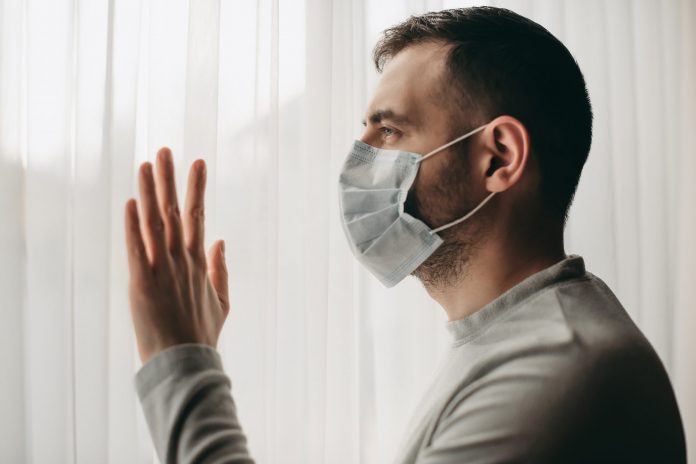A combination of spatial distancing and personal face mask use could help enable a safer lifting of COVID-19-induced restrictions around the world, according to a Commentary published in The Lancet by Professor Raina MacIntyre from UNSW Sydney’s Kirby Institute.
The commentary addresses the implications of a WHO-commissioned systematic review by Chu et al. – published today in The Lancet – which rigorously analysed all available studies on SARS, MERS CoV and SARS CoV-2 (the virus that causes COVID-19) in order to understand more about the true impact of physical distancing, facemasks, and eye protection for the prevention of COVID-19.
The research Professor MacIntyre discussed in her Commentary showed a reduction in risk of 82% with one metre of physical distance between people in both health care and community settings, with every additional metre of separation doubling the relative protection.
“This important evidence supports the current Australian recommendation for maintaining a physical distance of 1.5 metres from others. As we move to lift restrictions, this evidence suggests safe resumption of business and social activities can be enabled by continued physical distancing,” says Professor MacIntyre, who heads up the Kirby Institute’s Biosecurity Program.
“The research in The Lancet shows that risk can be further reduced by the use of facemasks,” continues Professor MacIntyre. Chu and colleagues reported that masks and respirators reduced the risk of infection by 85%, and face masks were equally effective when used in the community and in healthcare settings, even well designed 12-layered cloth masks.
“When you are out and about, you cannot tell who is infected and who is not. You yourself may be infected and not know it. Especially with the growing evidence of pre-symptomatic and asymptomatic transmission, universal face mask use is an important way to reduce the spread of infection.”
She says this is particularly important in regions with high incidence of COVID-19.
“However, in countries with low prevalence, like Australia, where we have had incredible success containing the virus, facemask use is not mandated and not yet widely recommended, except for on public transport.”
The research was commissioned by the World Health Organization, involved over 40 international researchers from nine countries, and was conducted with The Cochrane Canada and McMaster GRADE Centre, using the best analytical methods. The systematic review had some limitations, particularly in that it relied on observational studies, as opposed to the gold standard randomised control trials.








